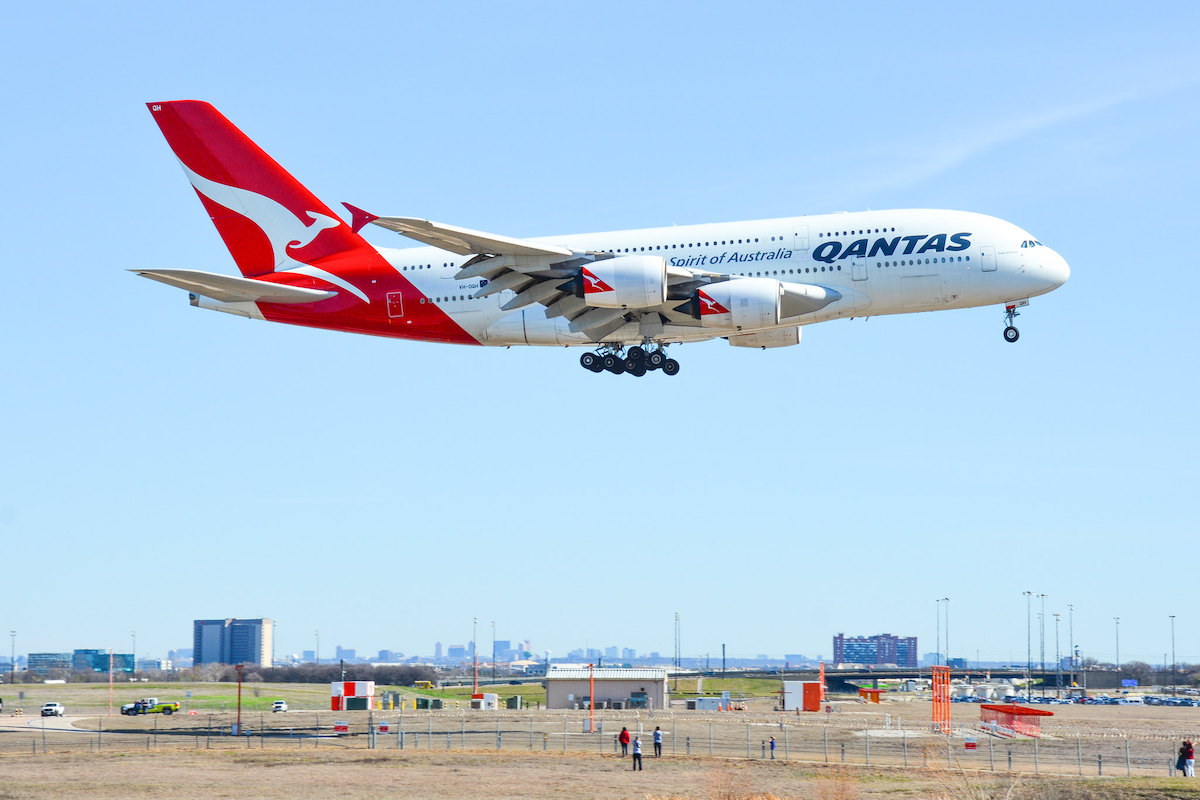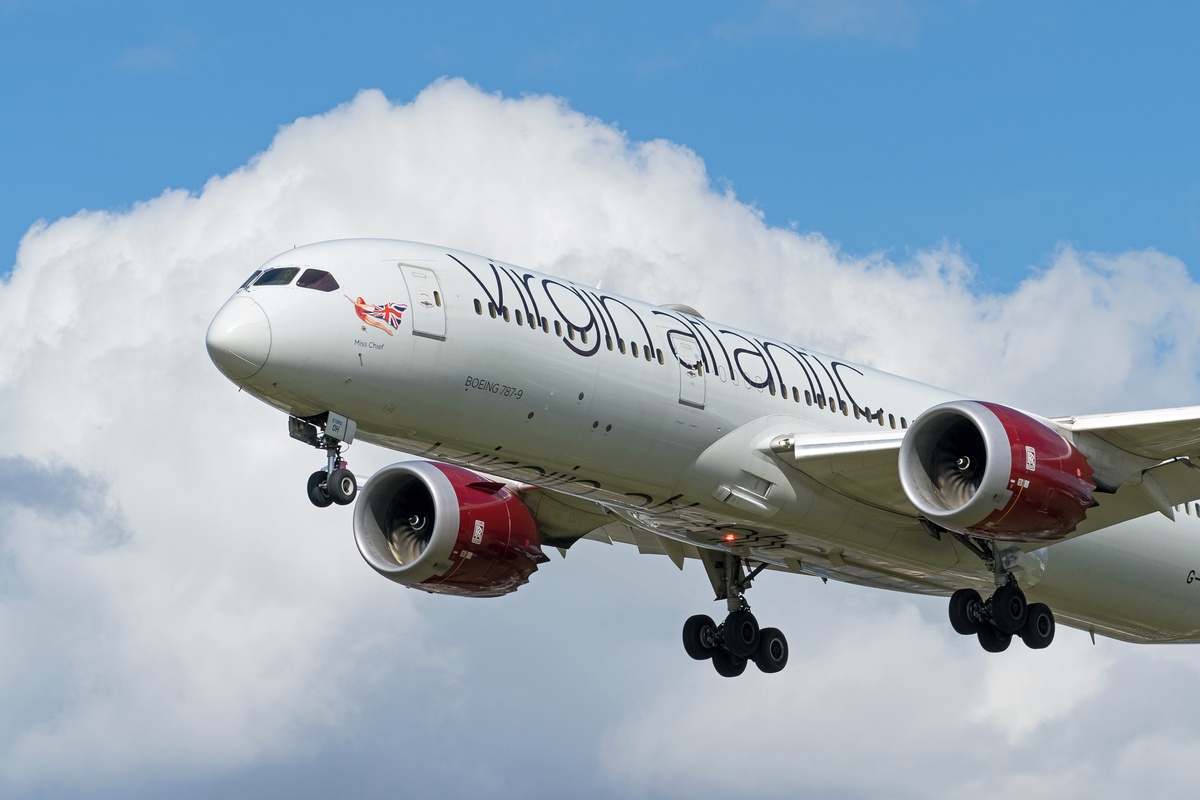Qantas' Future Is More Flights to Cities Like Chicago and Seattle

Skift Take
The days when most Qantas travelers to the U.S. arrived in Los Angeles to connect on to other points across the country are numbered. The airline has ordered two-dozen new long-range planes for the Asia and U.S. markets that will see it add more nonstop flights to both regions, overflying traditional gateways like Los Angeles.
In other words, there's more Dallas-Fort Worth or Seattle flying in Qantas' future than Los Angeles.
The group on Thursday unveiled an order for 12 new Airbus A350-1000s and 12 new Boeing 787s. The planes, which will not begin arriving until at least the middle of 2026, will replace Qantas' older Airbus A330s and A380s. They will also be used for new international growth.
The big change, however, will be how Qantas flies these longer routes to the U.S. and Asia. In 2019, the airline served four cities in the U.S.: Dallas-Fort Worth, Honolulu, Los Angeles, New York, and San Francisco, according to Cirium Diio schedules.
Of those, Los Angeles was far and away the largest gateway with an average of nearly 1,400 inbound seats daily. No other gateway even came close with the next largest, San Francisco, seeing an average of just 455 seats a day.
Qantas brought so many passengers to Los Angeles because more than half of its flights to the city were on superjumbo A380s, which it configures with up to 484 seats. The A380s, however, are aging and will begin retiring around 2032.
The A350-1000s Qantas just ordered: Only about 350-400 seats in a standard three-class configuration.
"With the aircraft we’re now ordering, we’re going to have more direct flights into the United States," Qantas CEO Alan Joyce said during the group's 2023 fiscal year earnings call Thursday. "So the need for those big aircraft is a lot less in the future."
That growth will kick off in about two years when Qantas launches nonstop flights to London and New York from Sydney. Those flights, which will take up to 20 hours, will be flown with a special fleet of longer-range A350-1000s outfitted with just 238 seats and including a so-called wellness area for the very long flights. The new services are known as Project Sunrise.
“The key part of our strategy going forward with these aircraft is ... about opening up new routes, more point-to-point routes," Qantas Chief Financial Officer and incoming CEO Vanessa Hudson said Thursday.
Qantas returned to New York in June with one-stop flights via Auckland.
Other new U.S. destinations on Qantas' radar include Chicago and Seattle. The cities are hubs for partners American Airlines and Alaska Airlines, respectively.
Travel is Now Always on Australian's Minds
"We genuinely think there’s been a structural change to that and that people will never ever not be planning a holiday again after several years of being locked up," Jetstar Airways CEO Stephanie Tully said Thursday. Jetstar is the budget arm of the Qantas Group.
That's great news for Qantas, Jetstar, and the larger Australian travel industry. The two airlines will operate roughly 61% of all seats in the domestic market in the third quarter, Cirium Diio schedules show. And they have an even larger share of the international market thanks to the pandemic decision by main competitor Virgin Australia to cut all long-haul flying in favor a streamlined, single-aircraft fleet.
Qantas and Jetstar plan to grow domestic Australia capacity by roughly 6% during their 2024 fiscal year that ends next June. However, international capacity, which has yet to return to pre-pandemic levels, will soar nearly 35% year-over-year to surpass 2019 levels by March.
“Travel demand is extremely robust," Joyce said of the environment. Revenue for both the group's domestic and international businesses was above 2019 levels during the fiscal year ending in June, and the desire to travel is as much as twice what it was pre-Covid, according to the airline's internal surveys.
Australians' desire to travel does not only translate into growth opportunities for Qantas, it is also a boon to the group's loyalty program. The business gained a million new members during the year ending in June, and it saw a record level of point redemptions on both airline tickets and hotels. Recall that when a loyalty program member redeems points, it reduces the airline's future obligations and is recorded as revenue.
And The Numbers
The Qantas Group posted an A$2.7 billion ($1.7 billion) operating profit, and 13.5% operating margin during its 2023 fiscal year that ended in June. Revenue was up 10% from 2019, and more than double last year. The key financial metrics unit revenue, or how much the airline makes to fly a passenger one kilometer, increased 39% compared to fiscal 2019, and unit costs excluding fuel and depreciation increased 13%.
Updated to include New York in Qantas' 2019 destinations.




